Mangaluru: Bearys Institute of Technology organized a student interactive session on "Social Responders for a Better Tomorrow!" in collaboration with the ISTE Chapter, on Thursday at the International Seminar Hall.
The event aimed at highlighting the invaluable efforts of individuals and organizations dedicated to creating a positive impact on society. The interactive session commenced with invoking the blessings of the Almighty, followed by a welcome address by Dr. SI Manjur Basha, Principal of BIT.
Misbah Shahid, who has worked for more than 15 years in the field of education and development, including teacher training, spoke on self-awareness as a fundamental aspect of becoming a social responder. She emphasized the significance of understanding oneself, including one's strengths, weaknesses and values, in order to effectively contribute to the betterment of society.
Mohammed Ali Shariff, Director of Rehbar, a firm that has innovated ethically compliant structures to provide equipment and funds for the growth of SMEs, spoke next, about the initiative to serve all levels of society and the importance of inclusivity and reaching out to marginalized communities. He stressed on the need for social responders to extend their support beyond superficial boundaries and make a genuine difference in the lives of those in need.
The vote of thanks was delivered by Dr. Aziz Mustafa, Principal of BIES. Prof. Joyson of Basic Science was the Master of Ceremony. The faculty members and students of various institutes attended the session.



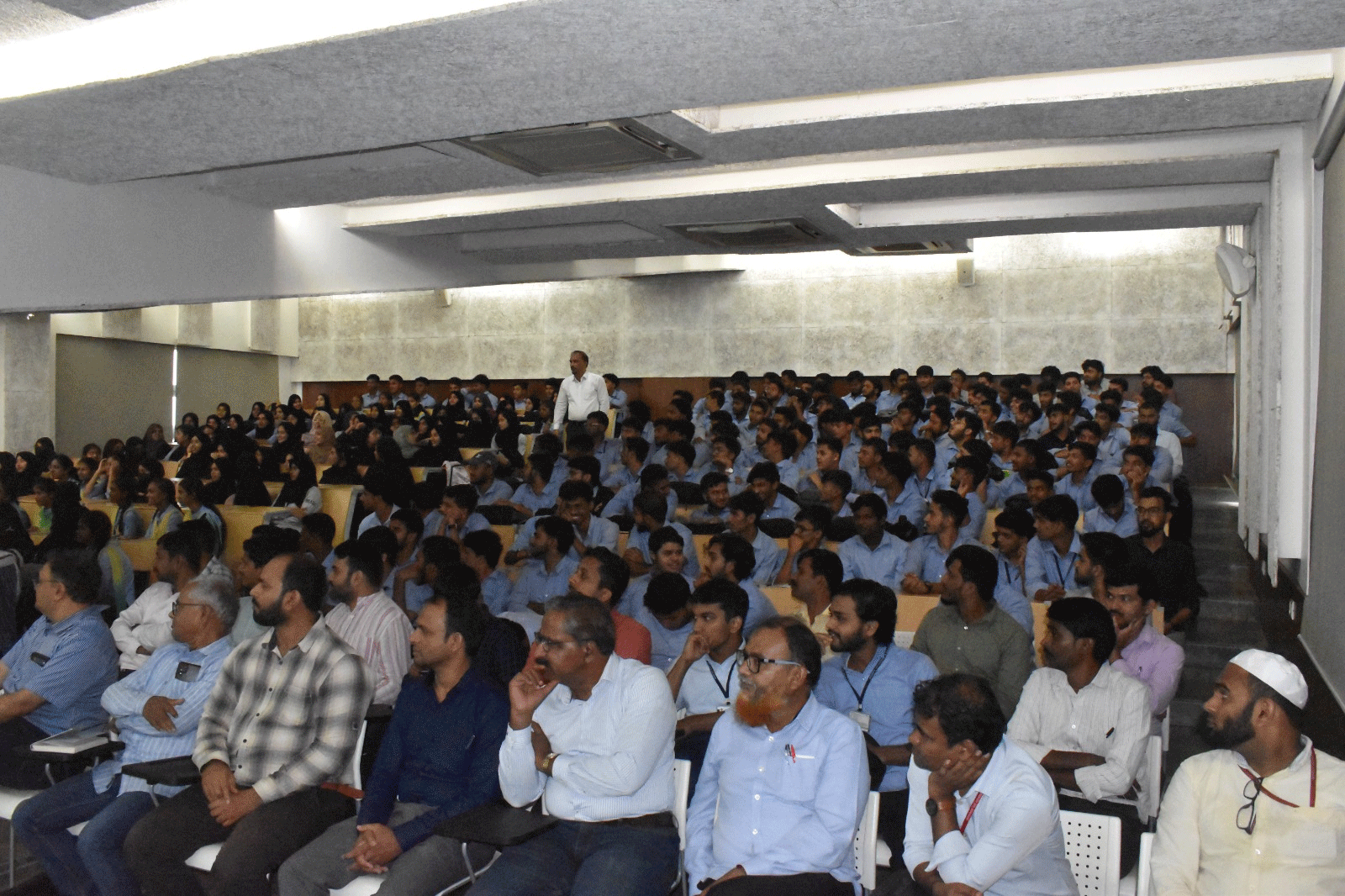
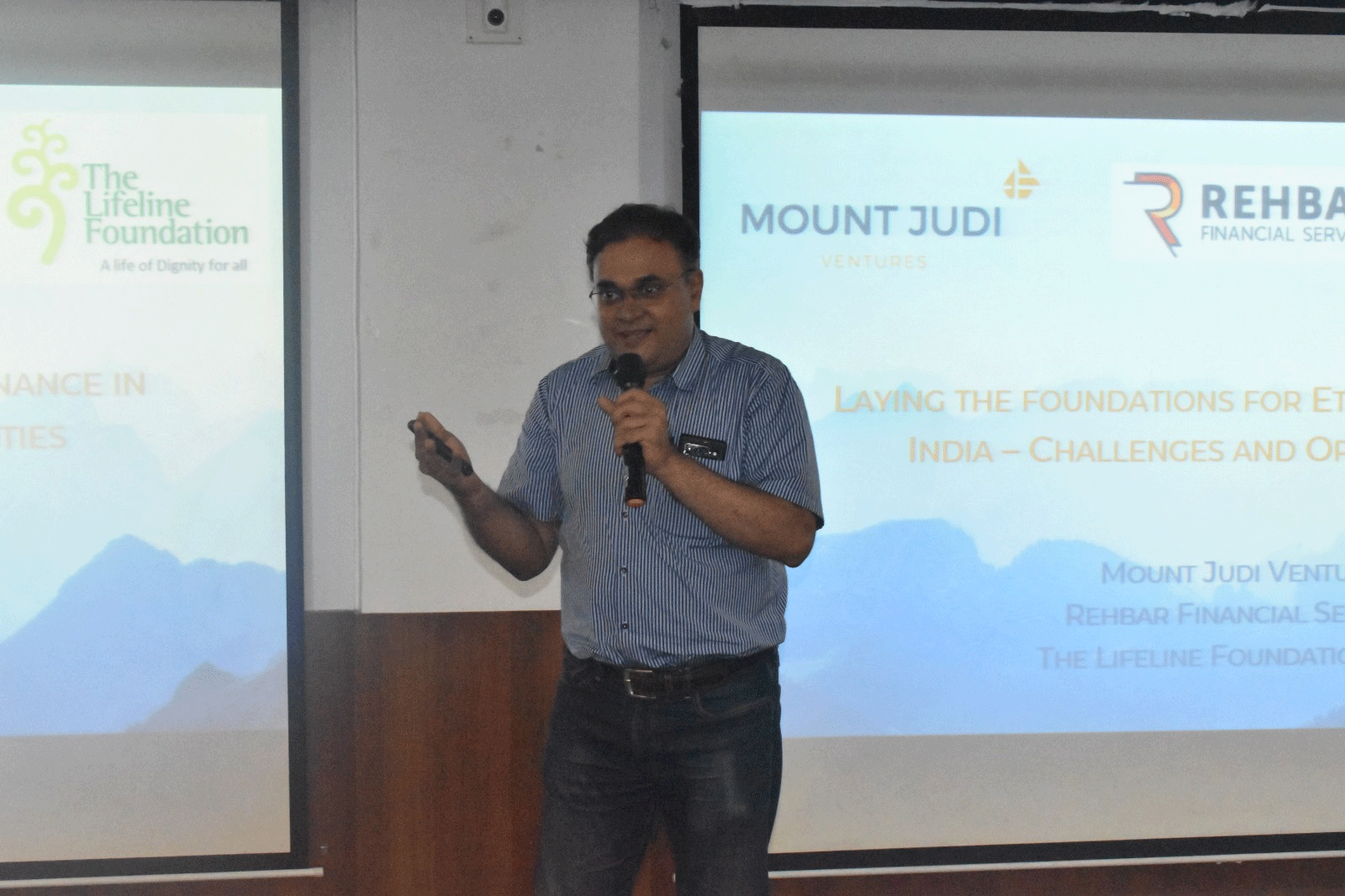
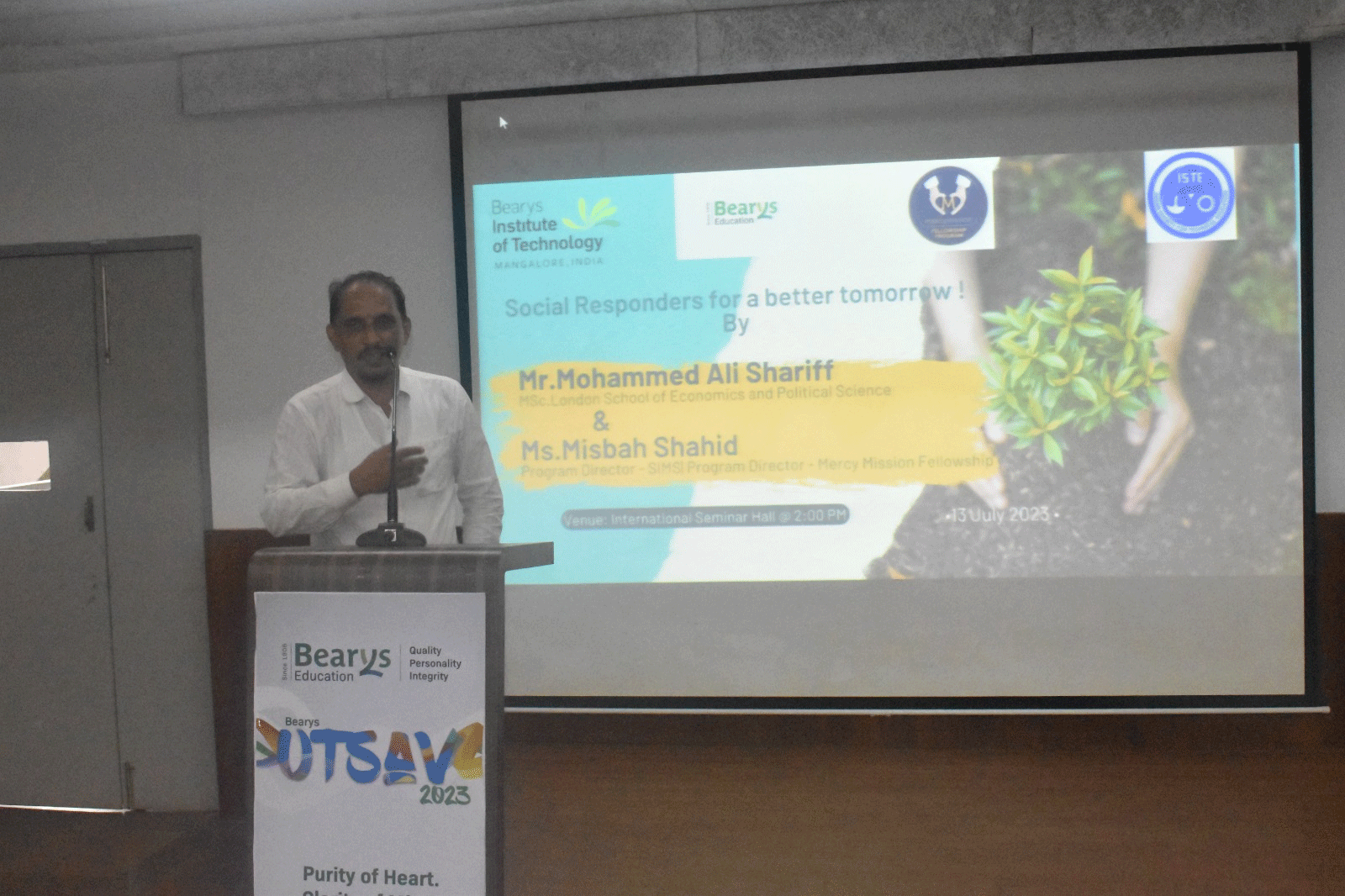
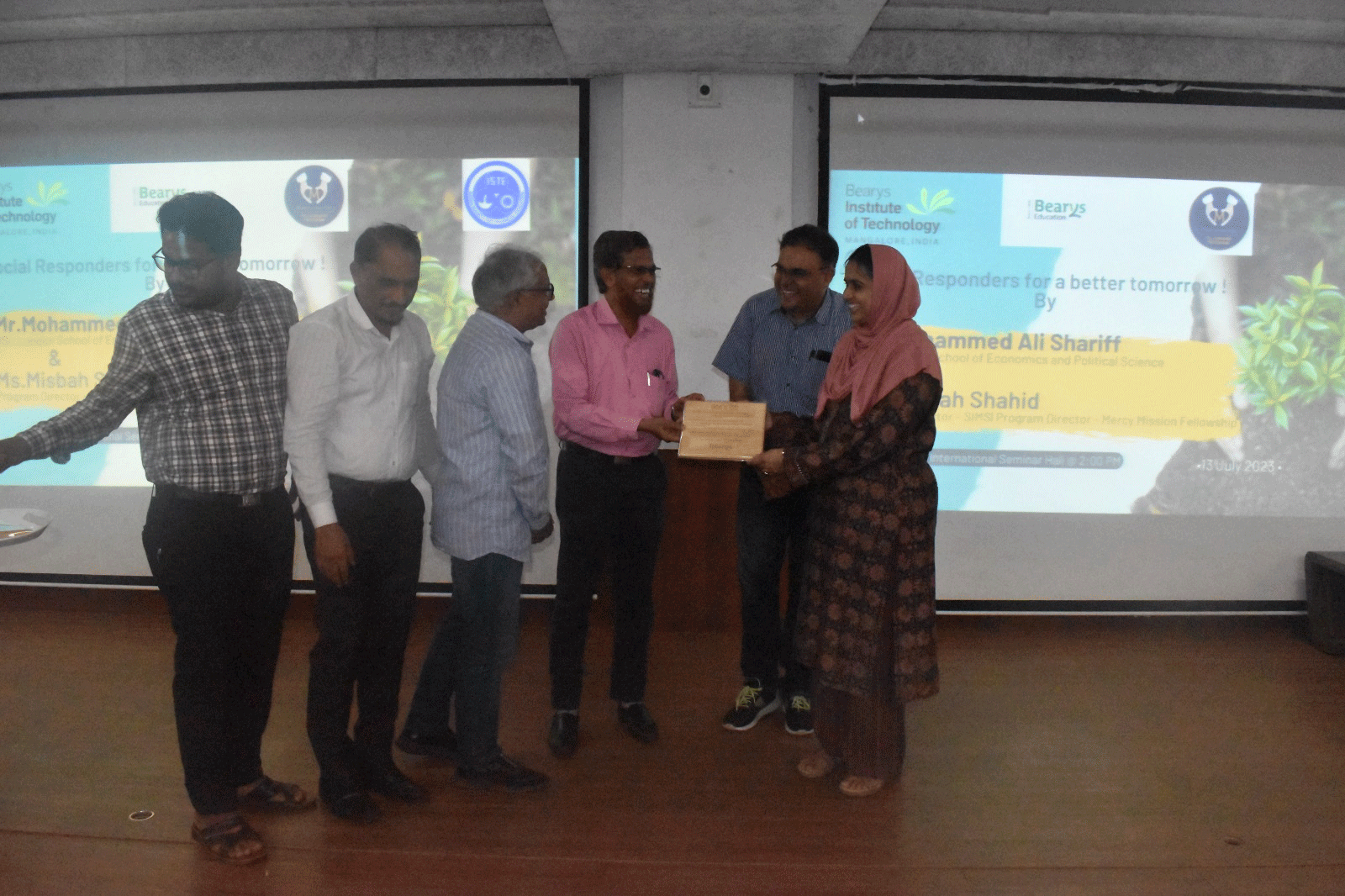
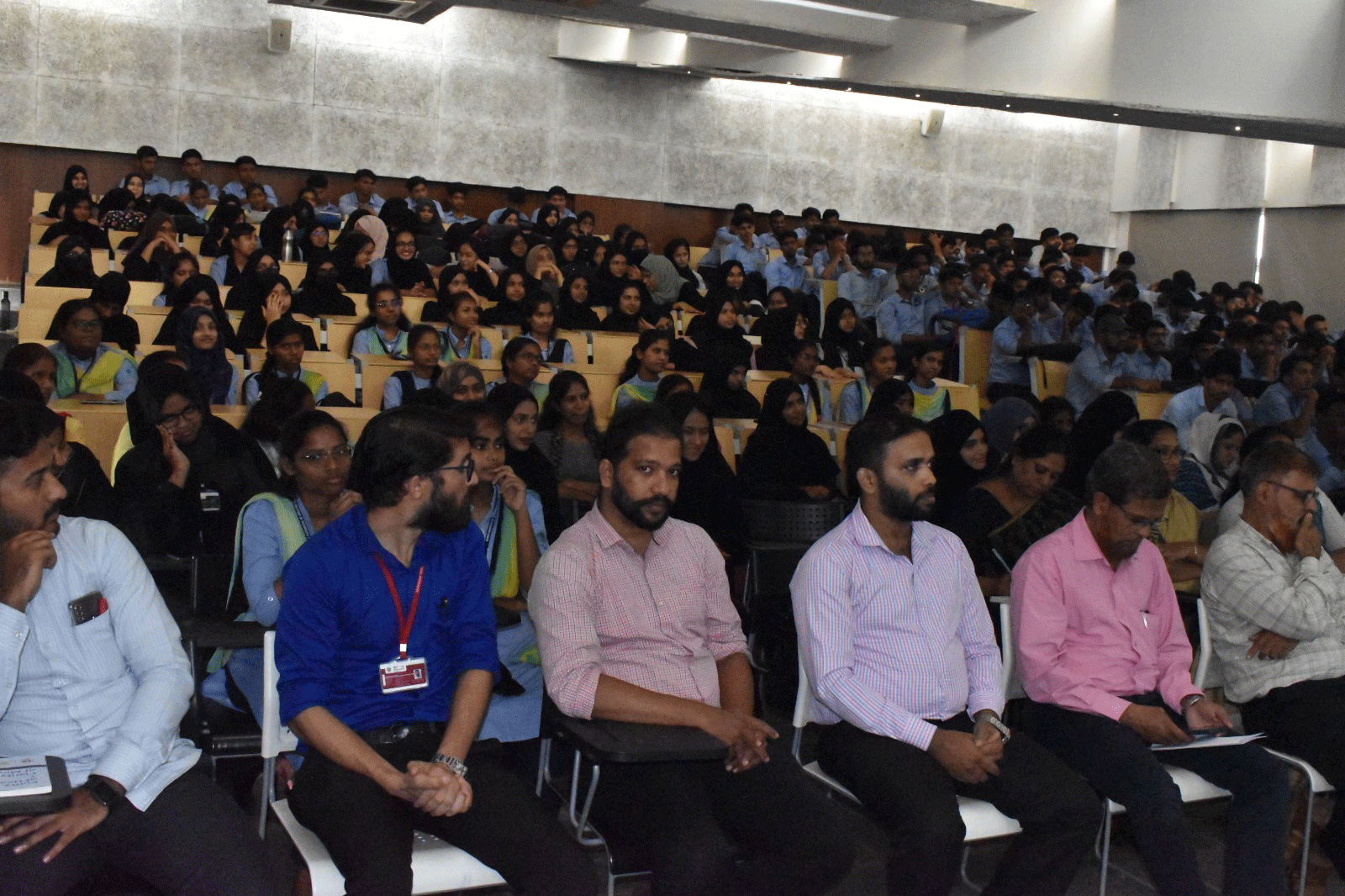
Let the Truth be known. If you read VB and like VB, please be a VB Supporter and Help us deliver the Truth to one and all.
New Delhi (PTI): Prime Minister Narendra Modi on Thursday attended a Christmas morning service at the Cathedral Church of the Redemption here along with a large congregation of Christians of Delhi and north India.
The service included prayers, carols, hymns and a special prayer for the prime minister by Rt. Rev. Dr. Paul Swarup, the Bishop of Delhi.
ALSO READ: Navi Mumbai International Airport starts commercial flight operations
"Attended the Christmas morning service at The Cathedral Church of the Redemption in Delhi. The service reflected the timeless message of love, peace and compassion. May the spirit of Christmas inspire harmony and goodwill in our society," Modi said in a post on X.
Earlier, the prime minister greeted citizens on Christmas.
"Wishing everyone a joyous Christmas filled with peace, compassion and hope. May the teachings of Jesus Christ strengthen harmony in our society," he said in another post on X.
Over the last few years, PM Modi has been regularly attending programmes connected with the Christian community.
During Easter in 2023, he attended a programme at the Sacred Heart Cathedral, Delhi.
On Christmas in 2023, he hosted a programme at his residence 7, Lok Kalyan Marg in Delhi.
In 2024, he attended a dinner at the residence of Minister George Kurian and also a programme hosted by the Catholic Bishops' Conference of India.
This shows a regular engagement with the community, sources said.
Meanwhile, Vice President C P Radhakrishnan also greeted people on Christmas.
"Wishing everyone a joyous Christmas, overflowing with hope, love, and kindness. May Christ's message inspire us to build stronger, more caring communities, and may his teachings strengthen our bonds and promote lasting peace," he wrote on X.





